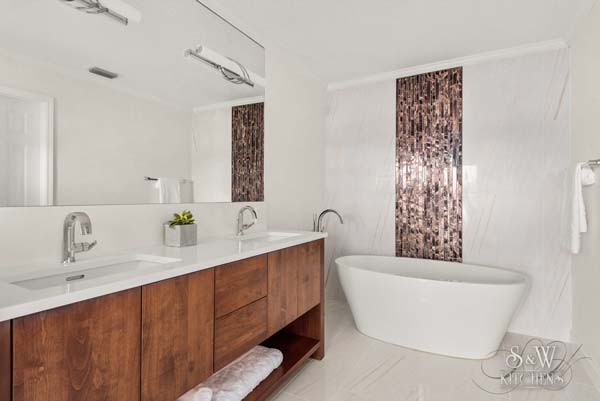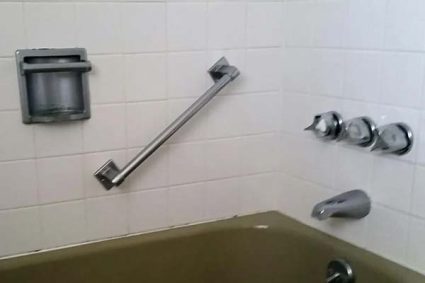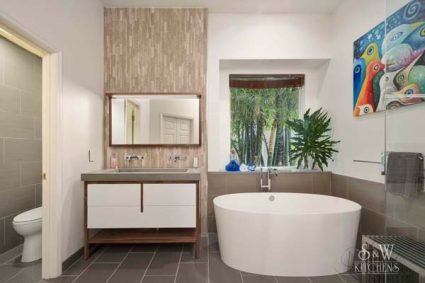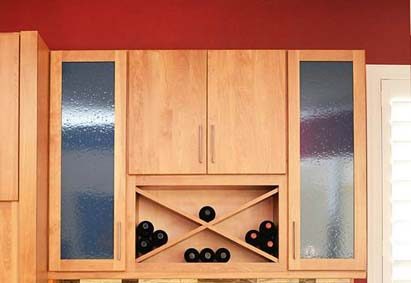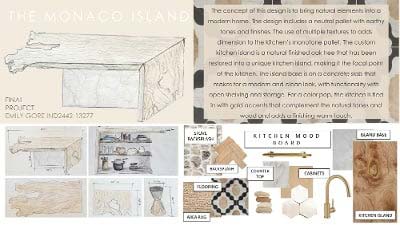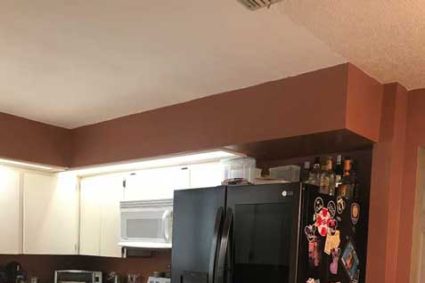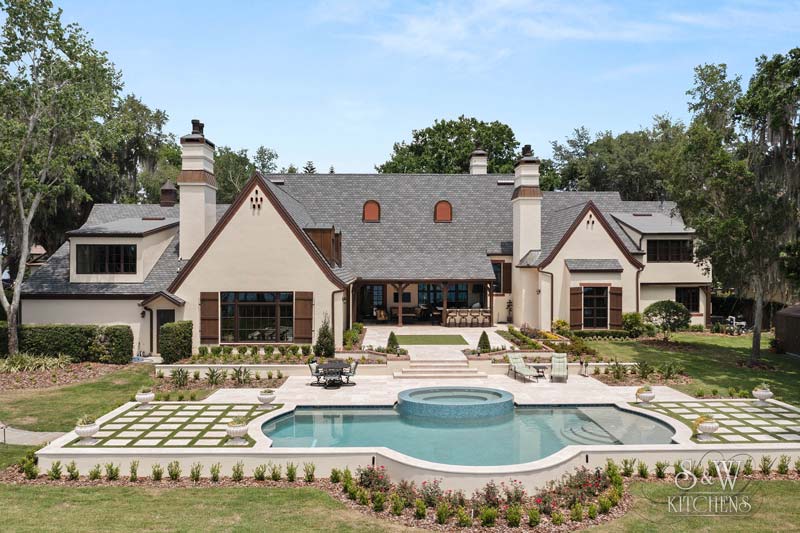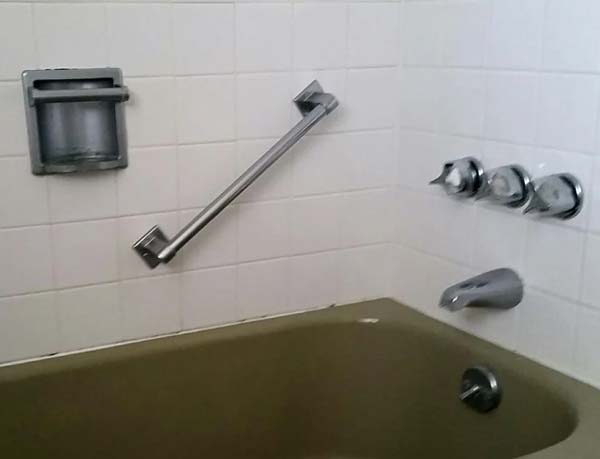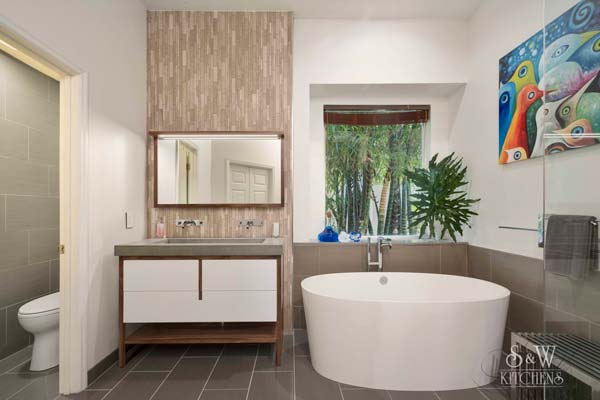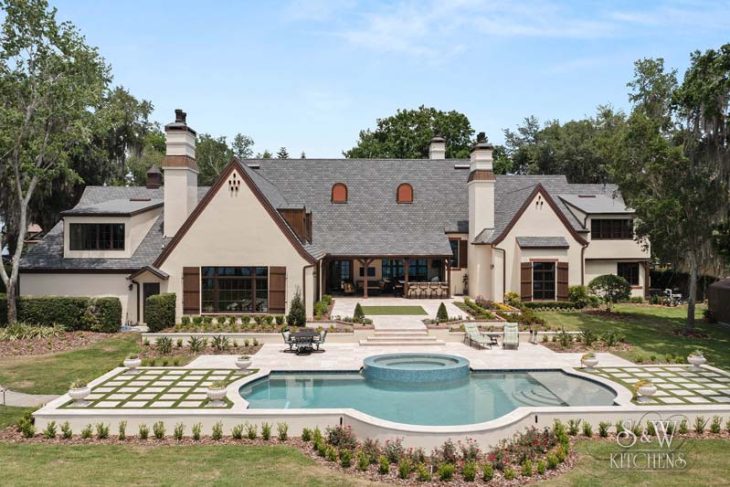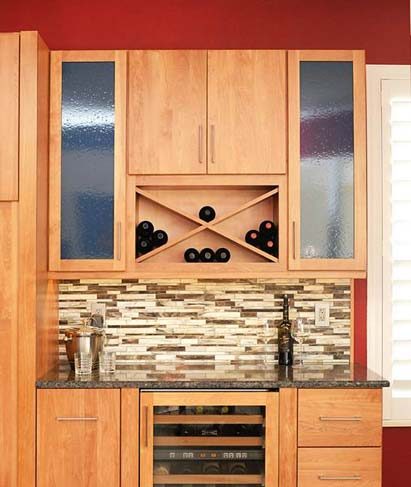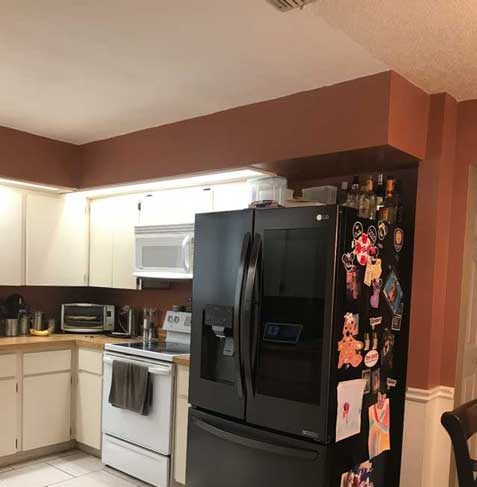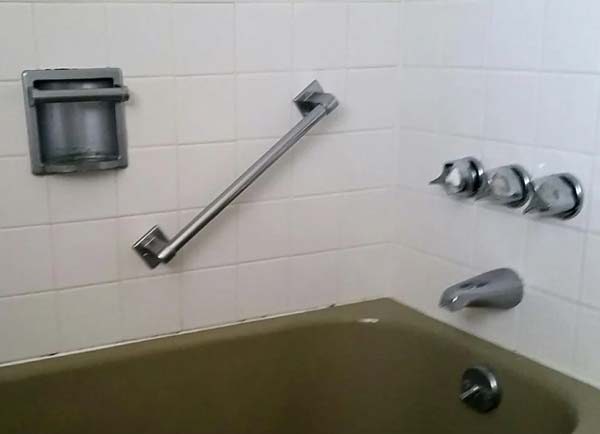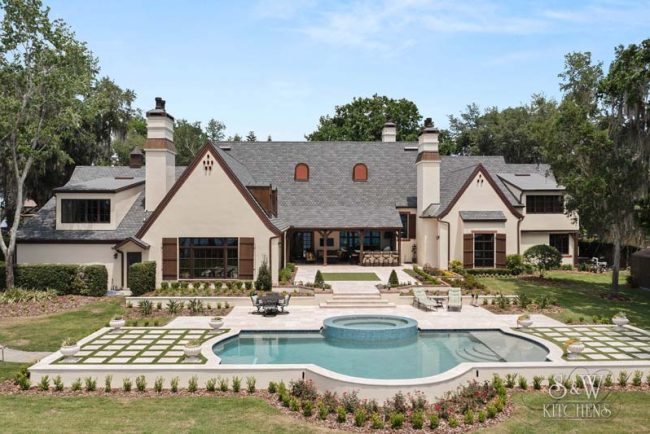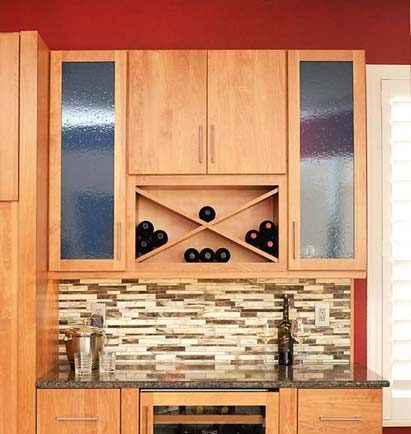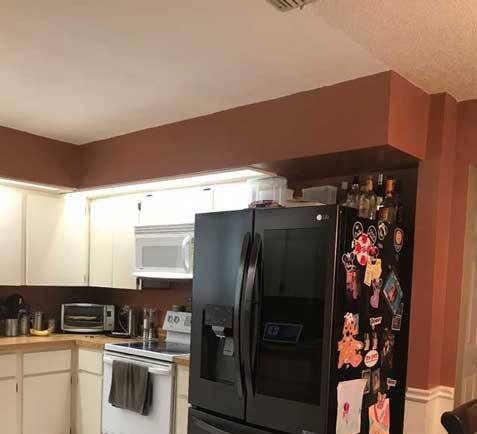In truth, no industry has benefited more from stay-at-home orders than the home improvement one. The remodeling market is expecting to see even further growth in 2021 because of the continued increase in the number of homeowners spending more time at home. The average home has now also become the office, the children’s school, the gym, and much more.
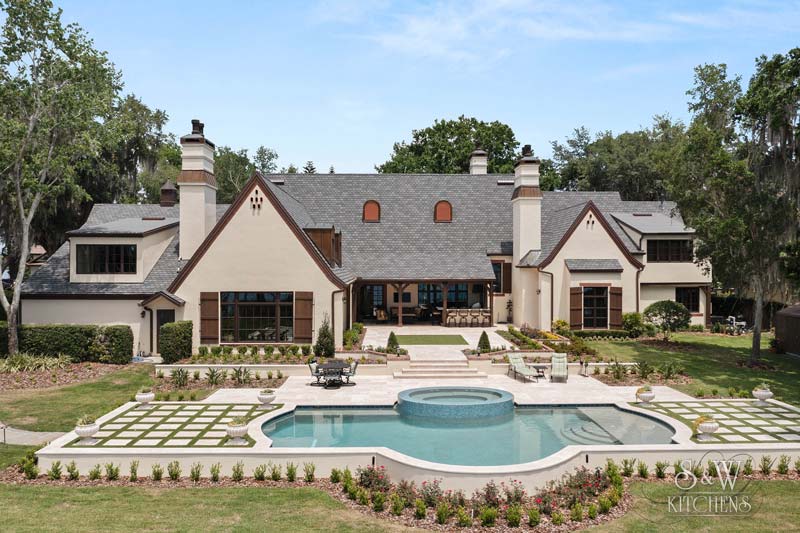
Due to the pandemic, several industries are experiencing an economic downturn but the remodeling industry is not one of them. At the Joint Centre for Housing Studies of Harvard University, the Remodeling Futures Program released a recent LIRA that projects growth in repair and renovation spending for 2021. LIRA is short for the Leading Indicator of Remodeling Activity and it forecasts future repair and home improvement spending to owner-occupied homes. It predicts that the first quarter of 2021 will have a 4.1 percent increase and gains of 1.7 percent by the third quarter. The National Association of Home Builders also agree stating that residential remodelers are still experiencing strong demand.
The additional time spent at home has given homeowners the realization that their indoor or outdoor spaces need updating. Outdoor space in particular has seen a massive surge in interest. Saunas, pools, and home gyms have all increased in demand as people look to make their homes more comfortable. After that is the landscape, deck, and patio contractors who are experiencing double the demand from last year. For indoor spaces, kitchens and office spaces have seen the biggest jump in demand. More people staying in means more people cooking and eating at home. Kitchens have quickly become a central hub for families. The increase in people working from home has also seen a rise in the need for a dedicated space for work and videoconferencing calls.
Another reason for remodeling demand is the increase in homeownership, both from those wanting to upgrade and millennials buying their first starter home. Regardless of whether it’s a new or existing home, renovations are always needed. Often a new home is considered incomplete to the buyers and a pre-existing home usually requires upgrades to meet modern standards.
